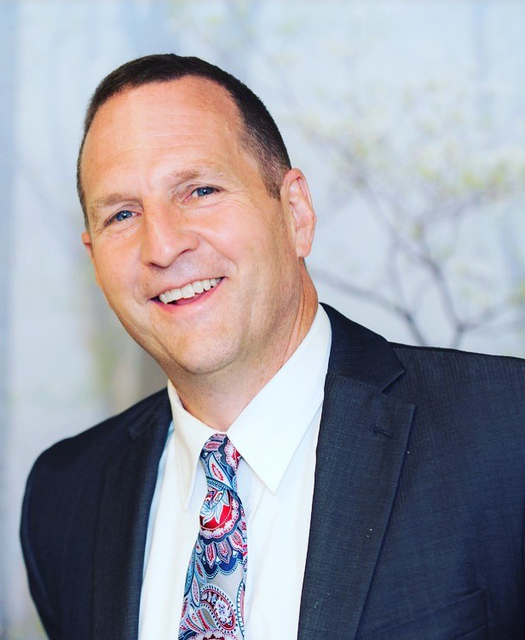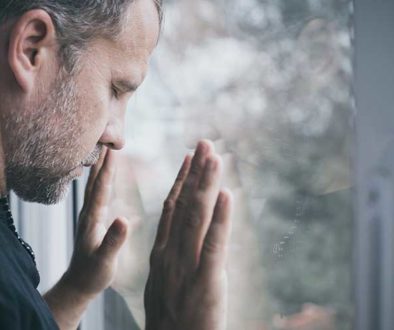5 Things I Must Remember About Family Recovery
5 Things I Must Remember
It’s easier said than done!
This is me talking to myself about myself.
One – Detach
You detach from the emotional obsession and the illusion of control. You do not automatically eliminate the person from your life.
Unless this person is mistreating you. Stealing, putting you in danger, or just wearing you out after years and years of the cycle.
If that is the case, you should consider some more rigid boundaries. It’s a matter of self-preservation. However, all of this needs to be processed and “talked through”.
It’s not easy and it’s not black and white.
Two – Unique Family
Every family is unique. It’s professionally lazy to paint with a broad brush and treat every situation the same.
Factors that need to be considered include:
- Age of your loved. A 50 year old spouse requires a different response than an 18 year old child.
- Specific substances involved and the associated “dangers”. Fentanyl, for example, makes every situation more “urgent”.
- How long have you been dealing with this? Doing the same thing over and over for 20 years is different than intervening for the first time.
- Are you in danger? Emotional or physical abuse? Stealing your property?
- Is there a co-occurring mental health issue or history of trauma?
Three – Consultant / Coach
Every family should have a consultant/coach for the long haul.
The ups and downs of recovery require long term support. And the family must be helped along the way. It’s not as simple as detachment and turning it over.
That may be part of the process. But there are a hundred other issues that require expert advice and support.
And things aren’t resolved after 30 days in rehab.
There are many good treatment providers.
However, we can’t expect inpatient rehabs to manage after-care. Specialists need to be deployed to follow the family long term.
Four – Self-Care
Self-care is a process and it works. I have been resistant to “taking care of myself”. I’m not sure why I have been resistant. Unconsciously resistant. However, I have come to believe that self-care is a real thing. Commit to a plan and stick to it. Consistency is important. Some elements of a self-care plan include:
- Group meetings. 12-step or otherwise. There are undeniable benefits to the group experience.
- A one to one confidant or consultant as described above.
- Prayer: if you are so inclined
- Meditation.
- Positive psychology programs.
- Exercise.
- YOGA.
- Individual psychotherapist is sometimes appropriate.
- Marriage or family therapy.
Five – Remember This
Try to remember: treatment and recovery is a process. Not an event.
There is no magic solution.
That said, there are very good programs and specialized interventions that may be helpful.
However, try to stay balanced in terms of your perspective. Not too high, not too low. Believable hope.
There are many more things that could make this list. Whatever works for you.
The key, you must do these things consistently.
“It’s easier said than done”.
Much easier said than done.
About Rich Jones MA, MBA, LCAS, SAP
EVP & Executive Director, Heritage CARES

Executive Vice President (EVP) at Heritage Health Solutions, Inc.
Chief Strategy Officer Co-Founder at Youturn,
CEO at Wellness Partners Group
CEO/President at Jones Solutions Group
Former CEO at FAVOR Greenville
Visit Heritage Health at – Click Here
For Addiction Support Info – Click Here
Please Subscribe to the Recovery Cartel – Click Here




